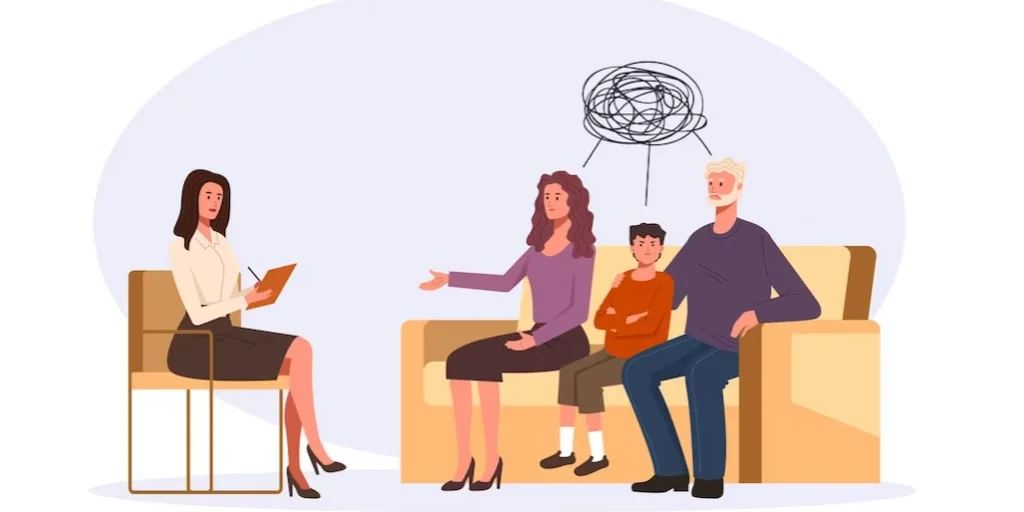24/7 Helpline:
(866) 899-221924/7 Helpline:
(866) 899-2219
Learn more about Morphine Detox centers in Gunnison County
Morphine Detox in Other Counties

Other Insurance Options

Holman Group

Oxford

Meritain

Excellus

PHCS Network

Covered California

Ceridian

Horizon Healthcare Service

Carleon

Molina Healthcare

Choice Care Network
Beacon

UMR

UnitedHealth Group

Amerigroup

AllWell

Coventry Health Care

Ambetter

EmblemHealth

MHNNet Behavioral Health

The Center for Mental Health
The Center for Mental Health is a non-profit organization and is governed by a board of directors re...

Teocalli Treatment Options
Teocalli Treatment Options offers outpatient treatmnet for individuals with alcohol and/or substance...






















The Center for Mental Health – Crystal Hall
The Center for Mental Health is a non-profit organization and is governed by a board of directors re...










































